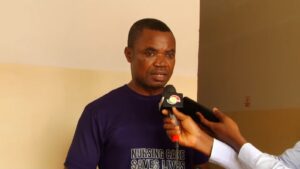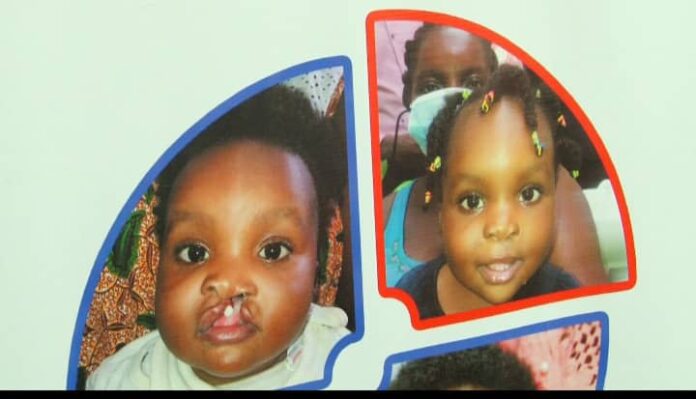Stigmatization of babies born with cleft lip and palete is said to have seen a decrease due to sustained awareness that the deformity is treatable.
Health experts in cleft lip and palate, however, want parents with such babies to seek immediate help for them.
A cleft lip happens if the tissue that make up the lip does not join completely before birth while cleft palate on the other hand happens if the tissue that makes up the roof of the mouth does not join together completely during pregnancy.
The main cause of cleft lip and palate is unknown, however, risk factors include malnutrition, infections during pregnancy, exposure to radiation during pregnancy and genetic predisposition.
It is seen in one out of 400 live births in Kumasi according to records at the Komfo Anokye Cleft Clinic.
Stigmatization has been a major challenge facing children with cleft lip and palate over the past years.
Interventions through intensified awareness about the cleft lip by Smile Train and the Ghana Cleft Foundation is yielding some results.
A Nurse at the KATH Cleft Clinic Sheila Gyasi says more mothers who have benefited from the corrective surgery for their babies have become advocates against stigmatization.

“The sensitization is up now the mothers are aware they can bring the babies to the hospitals where ever they are born, the campaign is out there that they should bring their babies and the repair is done,” she noted.
To scale up the professional expertise in handling cleft lip and palate babies before and after surgery, the Ghana Cleft Foundation and Smile Train is empowering 16 nurses at the Komfo Anokye Teaching Hospital.
Senior Specialist and Member of Ghana Cleft Foundation Dr. Solomon Obiri Yeboah believes pre and post surgery care for babies with cleft is critical in their complete treatment hence the training of the nurses.

Dr Obiri Yeboah explained that “pre and post operation care for cleft babies are critical and the nurses needed to be trained and equipped to be able to handle the babies with care because performing the surgeries alone is not enough but the right care by nurses is important to enable the babies recover well.”
Smile Train has over the years championed the training of health workers on cleft and financing the surgeries of babies with cleft lip and palate
The West Africa Senior Program Manager of Smile Train, Victoria Awazie noted nurses are the first point of reference in communities when a baby is born with a cleft lip or palate.
It was therefore essential they are empowered to be able to offer the needed information to mothers and also give essential care to the babies with cleft lip or palate.
READ ALSO: Strong support system needed for mothers with cleft lip babies
By Beatrice Spio-Garbrah|AkomaFM|Onuaonline.com













